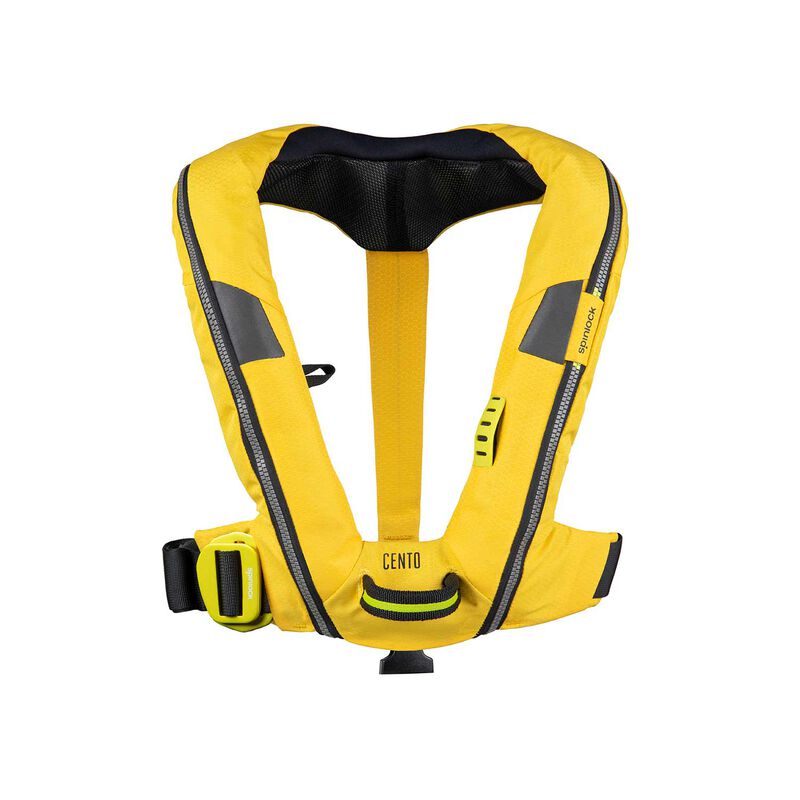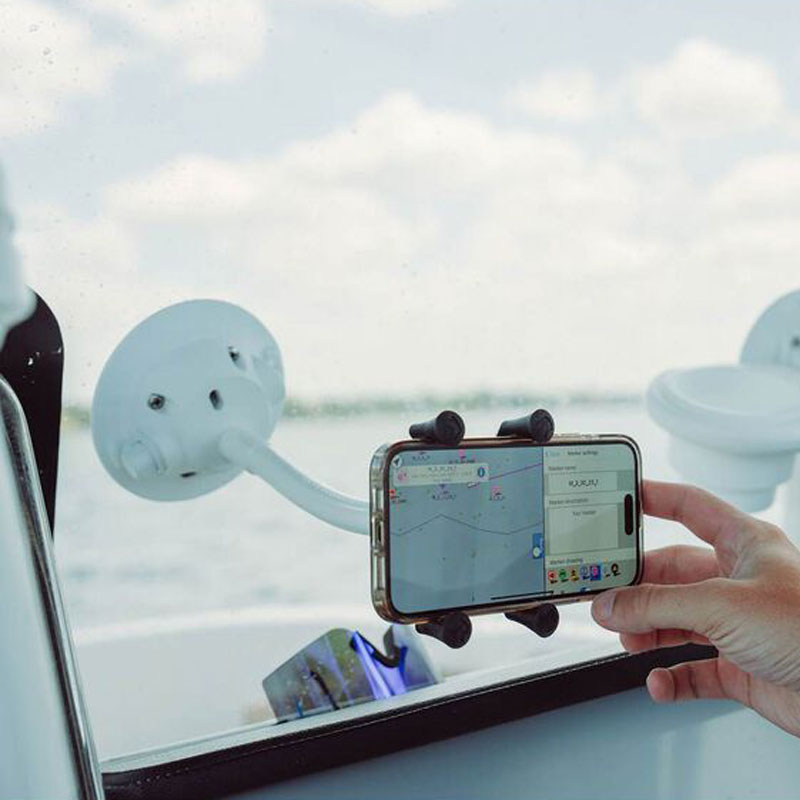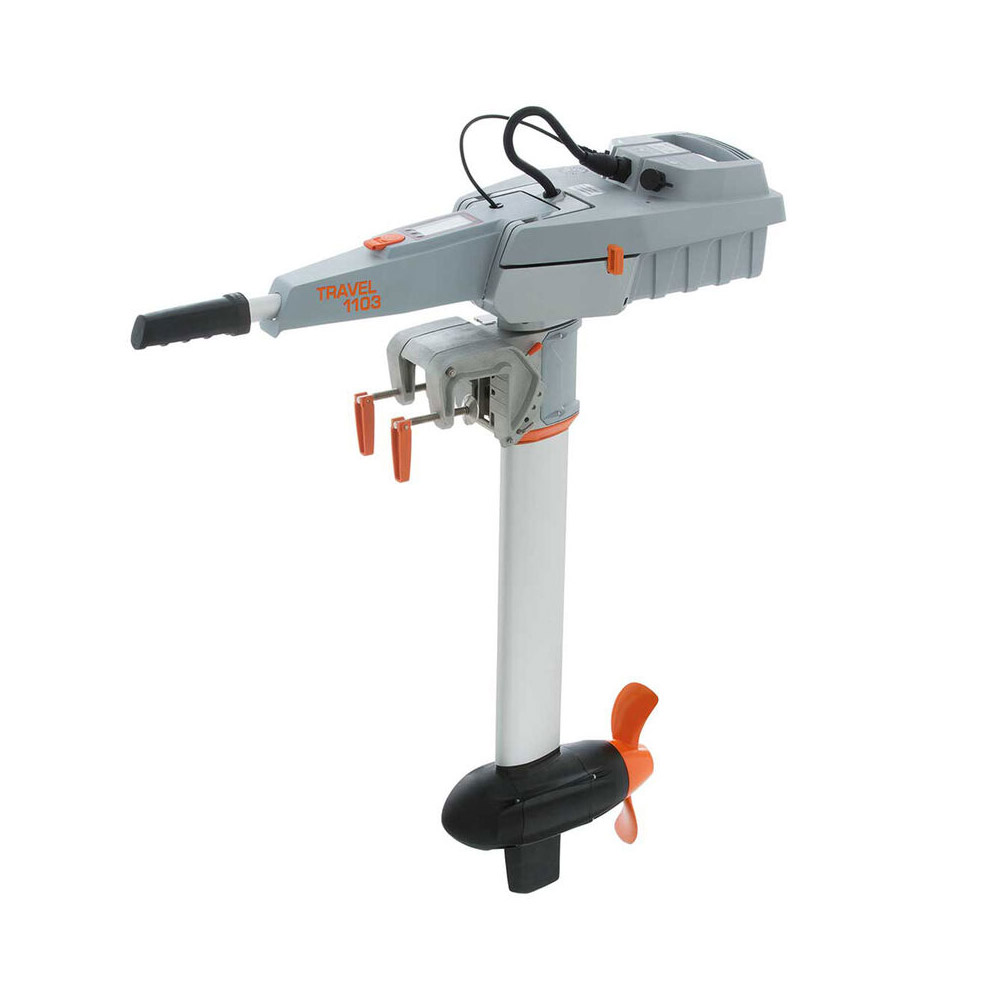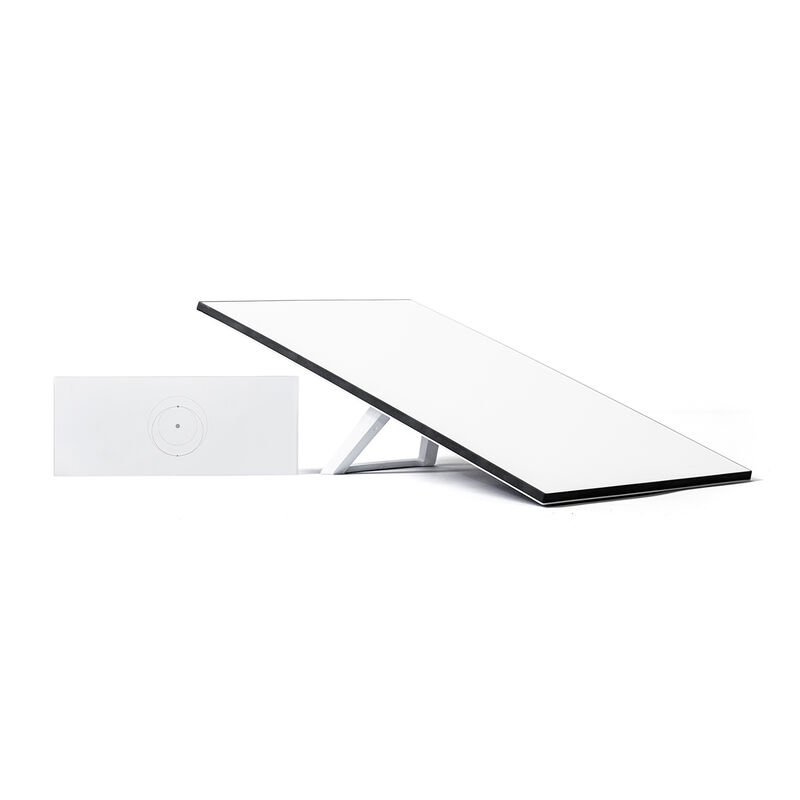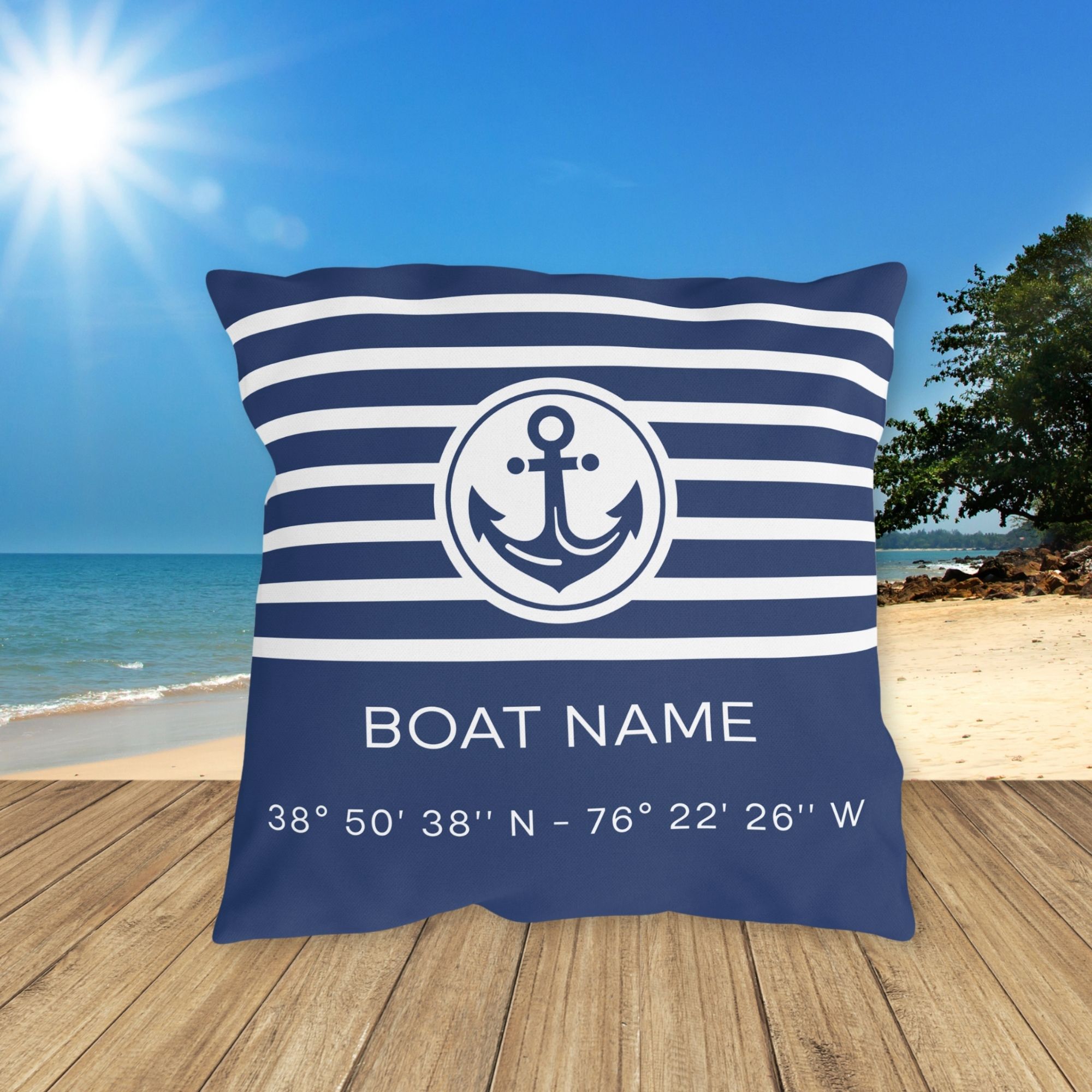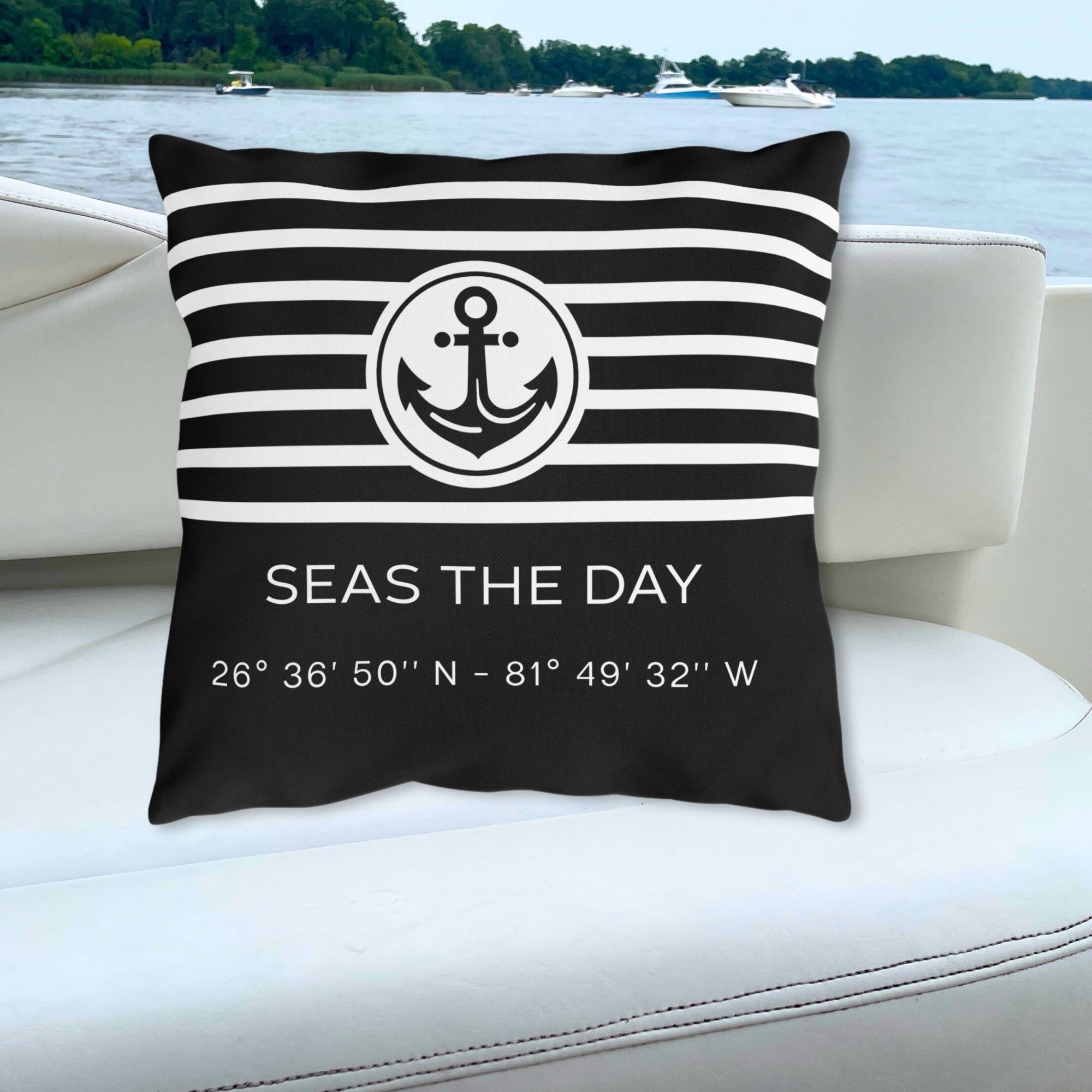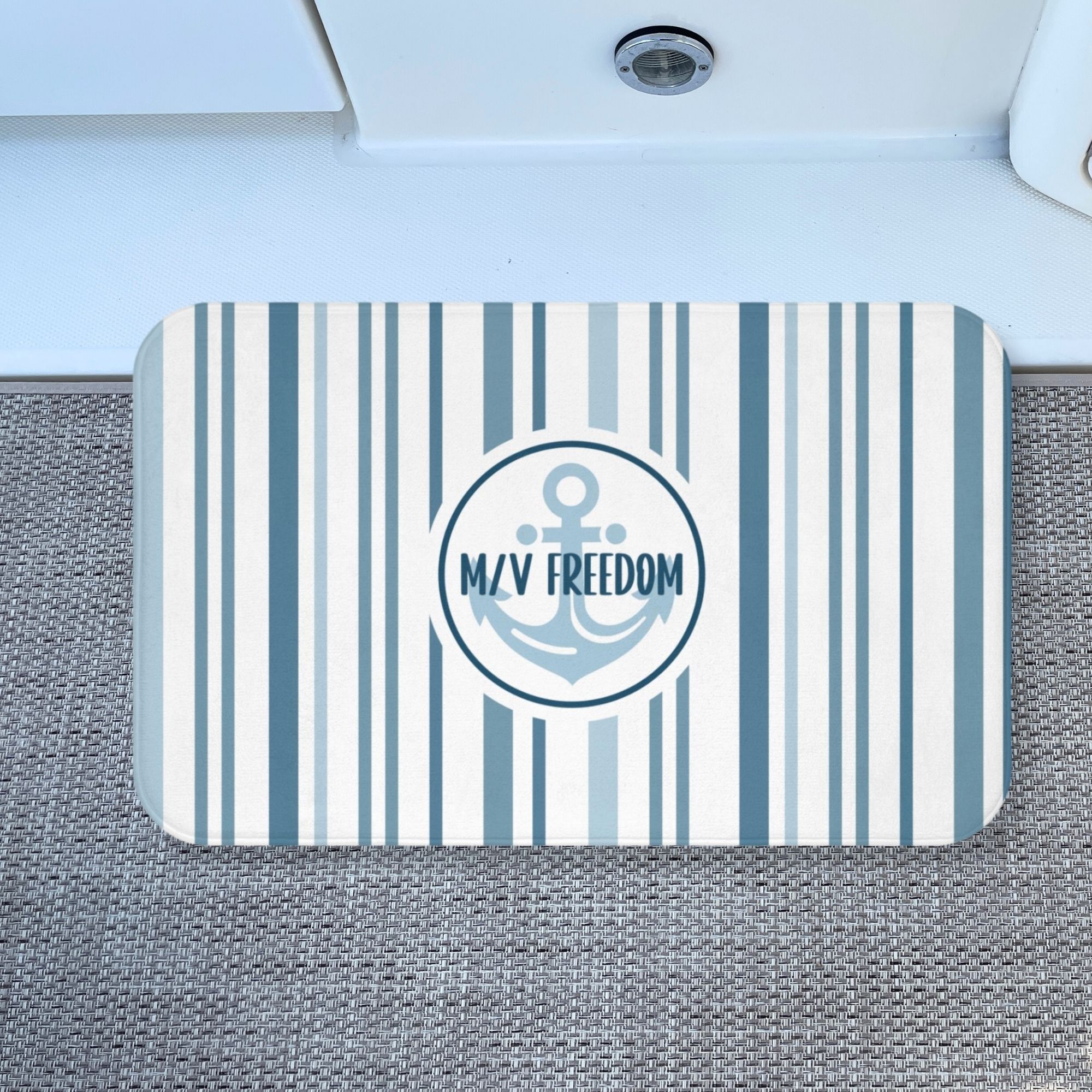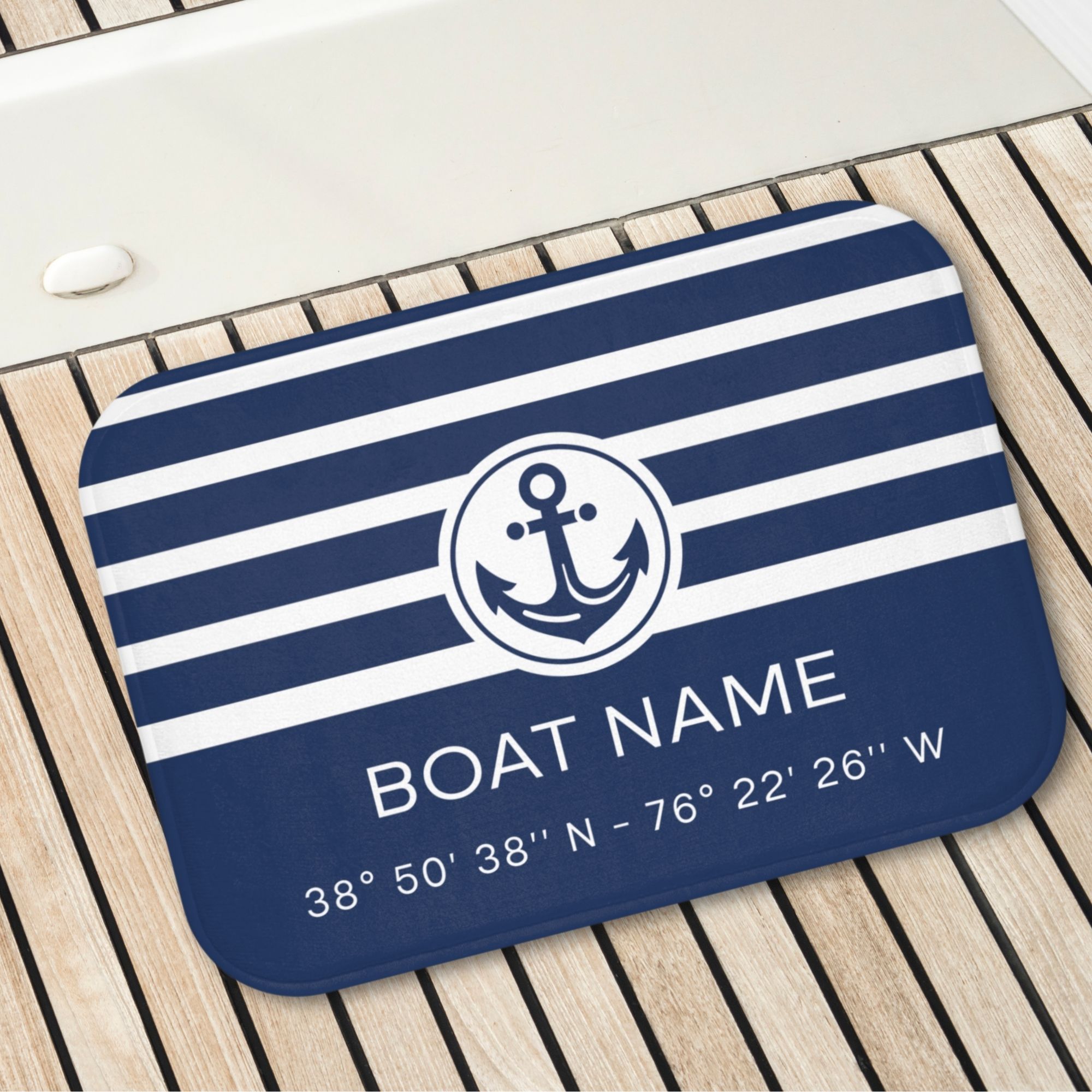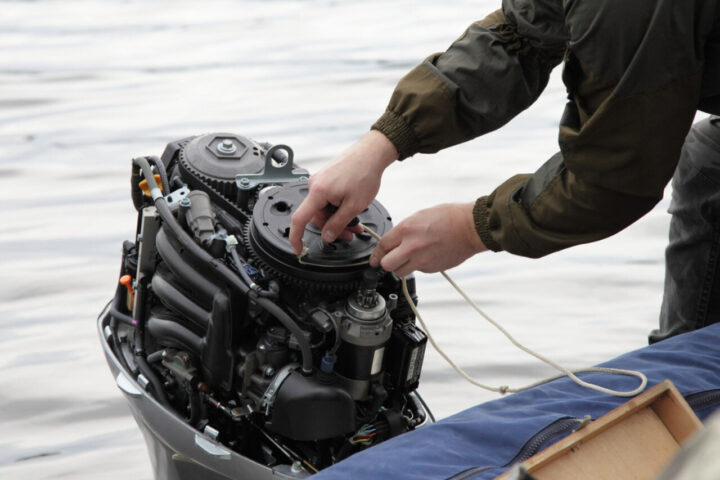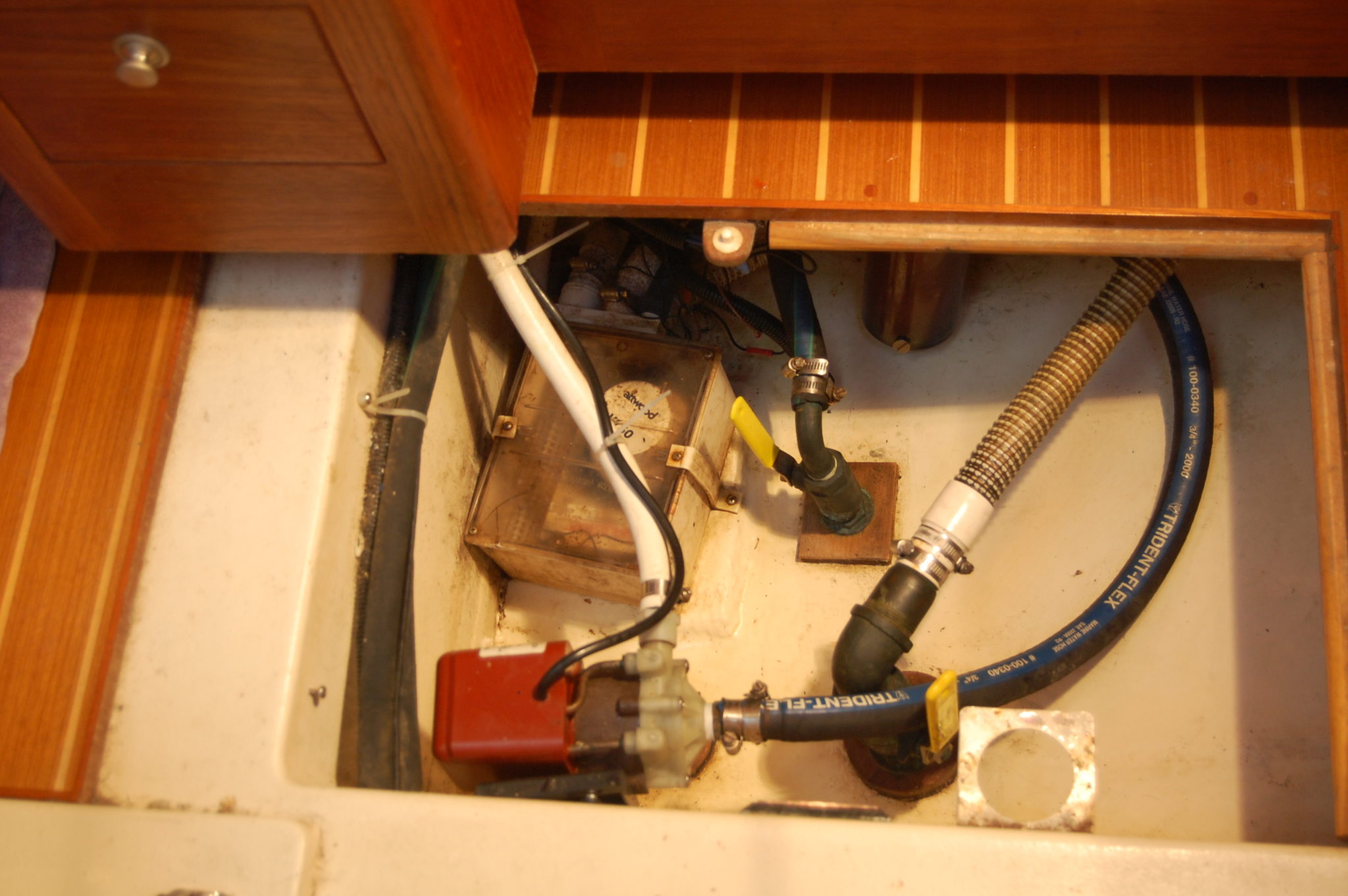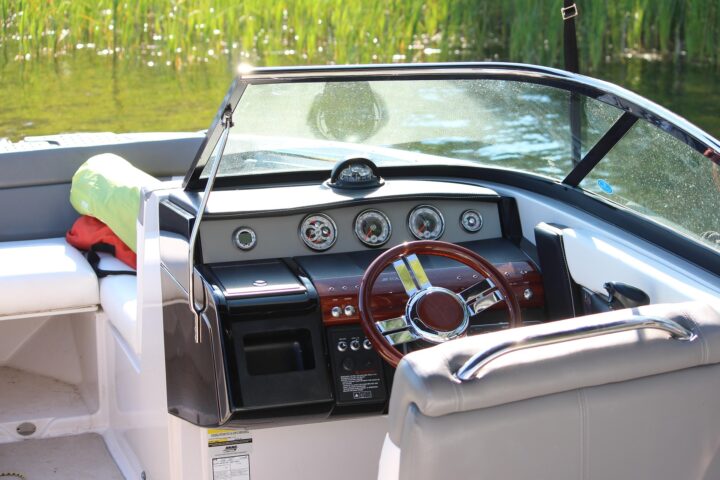Lessons every boater should learn about safety, maintenance and basic boating skills
So you’ve finally got that boat of your dreams, or at least your dreams for now. That yacht can come later.
You’ve heard the de-motivating jokes like “may as well start throwing money in the water” or “Did you know that BOAT stands for ‘Bring On Another Thousand?” Ha-ha.
You’ve also factored in the positives – the freedom, the skill, the fun. Now you’re ready to cast off in search of adventure. Not so fast, cap’n.
Smart boaters should learn other skills besides “point the tiller that way” and exactly what a tiller is. Some are required, some are just good practice. But mastering all of them will help you earn your sea legs, whether you’re tooling around the lake or getting ready for an ocean crossing.
- Learn the rules. Canada requires pleasure boat owners to learn basic boat basic operation by taking a boating license course, and then passing a test and to earn a license. The course covers navigation topics like right-of-way, signage, collisions, and general safety for yourself, passengers and other boaters. It also outlines proper behavior and illegal behavior that can get someone in trouble or hurt.
- Get insurance. Along with your Canadian Coast Guard credentials, you should also consider insurance. Longtime skippers will tell you that Mr. Murphy (of Murphy’s Law fame) must have been a boat owner because so much can go wrong, from collisions with other boats to stalled engines. The AllAtSea blog says the right marine insurance is as important as what boat to buy. Calculate size, and whether to cover “all risks” or “named perils,” which specifies certain circumstances where coverage will not be available (such as outside of Canadian waters).
- Protect your vessel. Having the right maintenance gear on board is essential to make sure your boat is always running in proper condition and you are not prepared for the unexpected repairs. Stow a basic tool kit for engine repairs, a fire extinguisher, and pollution control in case of an oil leak.
- Winterize. Unless you are one of the lucky snowbirds who can take your boat with you to warmer southern climates, you’ll need to winterize it for storage. Your boat, especially your engine, may not be so keen on the idea. Create a checklist of common winter maintenance needs such scrubbing barnacles and blisters from the hull, draining water from bilges, filling the tank with fuel and cleaning out refrigerators or coolers.
- Watch that battery. The battery is one of the most vital pieces of your equipment, which you will fully appreciate when leaves you stranded. First, learn the difference between a cranking battery (delivers a burst of energy to the motor), or a deep-cycle battery (delivers power consistently). Most boats have both, one for the motor and one for the electronics. Smart owners should watch out for sulfuric acid deposits, avoid high or low temperatures, and make sure you have enough charge left before heading out.
With some smart boating practices you’ll be able to cruise with peace of mind that you and your boat are safe and well-prepared for nearly any adventure on the water.
Trending Now: Must-Have Boat Gear for Your Boat Life
-
Spinlock Deckvest Junior Inflatable Life Jacket
$209.00 Quick ViewBuy on West Marine -
SeaSucker Flex-X Cell Phone Mount
$99.00 Quick ViewBuy on West Marine -
Torqeedo Travel 1103 CS Electric Outboard Short Shaft
Quick ViewBuy on West Marine -
Sale!
Starlink Standard Kit for Stationary Use: High-Speed, Low Latency Internet
Original price was: $499.00.$349.00Current price is: $349.00. Quick ViewBuy on West Marine
Trending Now: Custom Boat Decor
-
Boat Pillow with Boat Name & LAT LONG Coordinates
Quick ViewBuy on Etsy -
Boat Pillow with Boat Name & LAT LONG Coordinates- Black
Quick ViewBuy on Etsy -
Coastal Blue Stripes Bathmat with Anchor & Boat Name
Quick ViewBuy on Etsy -
Custom Boat Mat with Boat Name & LAT LONG Coordinates
Quick ViewBuy on Etsy
Disclosure: This site may contain links affiliated with companies where we receive compensation. Also, as an Amazon Associate we may earn from qualifying purchases we refer but it does not impact the price you pay. Full disclosure policy.


